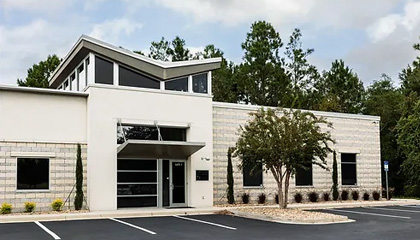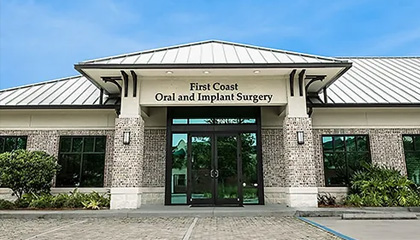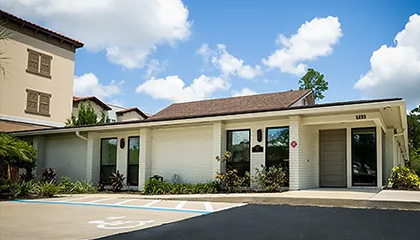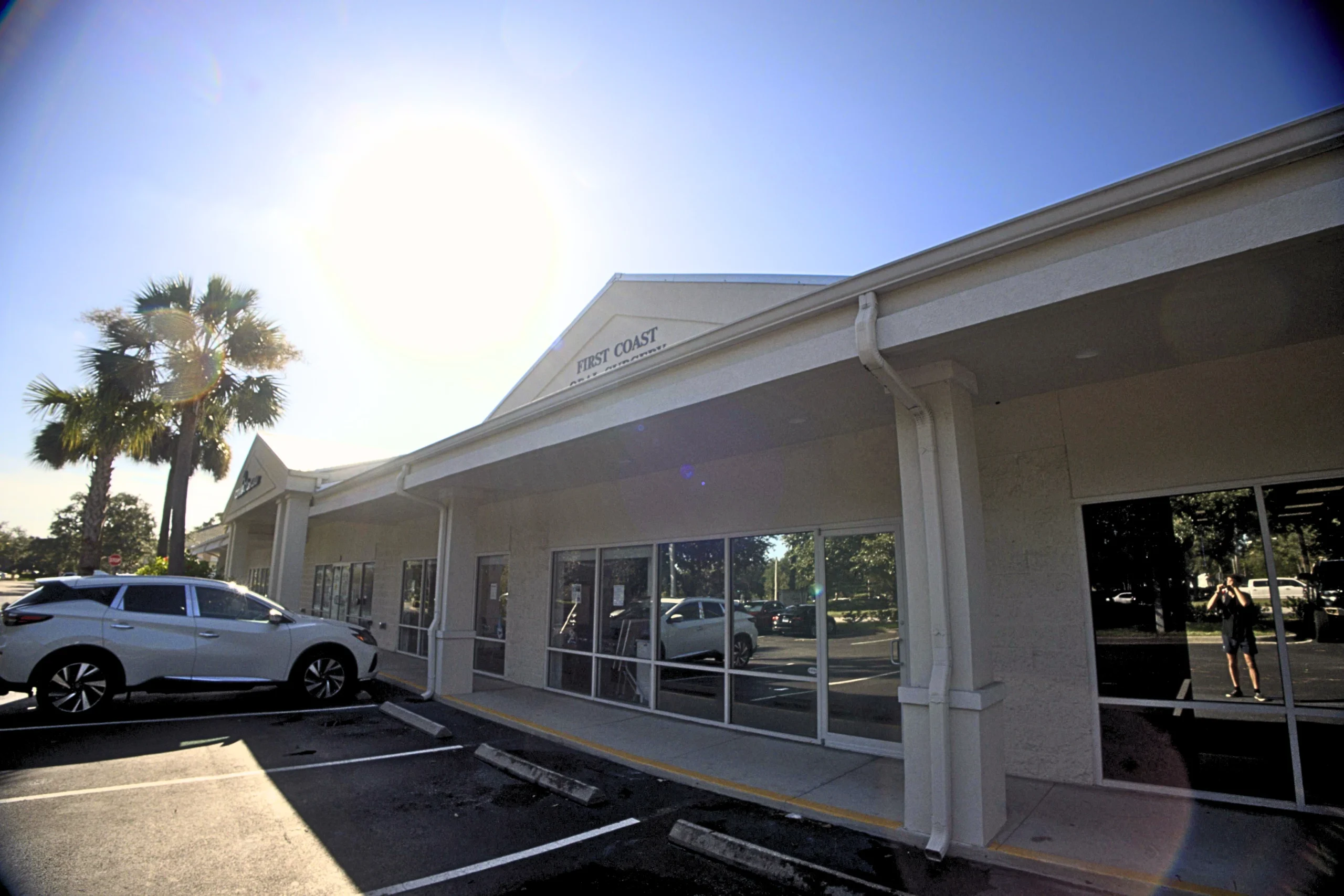Dental extractions and Surgery
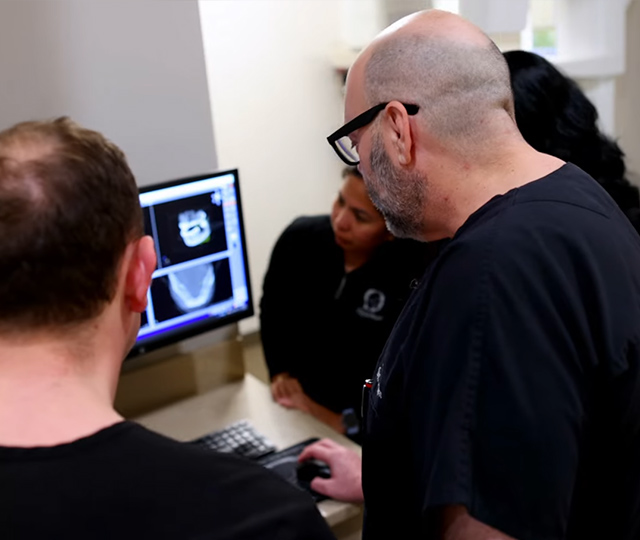
Advanced Surgical Care for Your Dental Needs
At First Coast Oral Surgery, our board-certified surgeons specialize in a comprehensive range of dental surgery procedures designed to restore function, improve appearance, and optimize your oral health. From routine extractions to complex bone Jaw fractures, our team delivers exceptional care with a focus on patient comfort across Northeast Florida.
Our Dental Surgery Procedures
Wisdom Teeth
Wisdom teeth, or third molars, often require removal when they become impacted, cause crowding, or threaten the health of adjacent teeth. Our surgeons use advanced 3D imaging to precisely plan each extraction, ensuring optimal outcomes with minimal recovery time.
Our wisdom teeth removal procedure includes:
- Comprehensive evaluation using state-of-the-art technology
- Multiple sedation options for maximum comfort
- Precise surgical techniques to minimize trauma
- Detailed aftercare instructions for speedy recovery
- 24/7 support during your healing process
Dental Extractions
When teeth become severely damaged, infected, or problematic, extraction may be necessary to preserve your oral health. Our team specializes in both simple and complex extractions, always prioritizing your comfort throughout the process.
We perform extractions for:
- Severely decayed teeth
- Fractured teeth beyond repair
- Teeth with significant infection
- Pre-orthodontic treatment requirements
- Failed root canal treated teeth
Bone Grafting
Bone loss in the jaw can occur due to missing teeth, periodontal disease, or trauma. Our advanced bone grafting procedures rebuild this essential foundation, creating a solid base for dental implants or improving the contour of your jawline.
Our bone grafting expertise includes:
- Socket preservation after extraction
- Ridge augmentation for implant preparation
- Sinus lifts for upper jaw implant placement
- Guided tissue regeneration techniques
- Advanced platelet-rich plasma therapy to enhance healing
Jaw Surgery (Orthognathic Surgery)
For patients with jaw misalignment or irregularities that affect eating, speaking, or breathing, our corrective jaw surgery can dramatically improve both function and appearance. Our surgeons work closely with orthodontists to create comprehensive treatment plans tailored to your unique needs.
Oral Surgery
Our full spectrum of oral surgery procedures addresses both functional and aesthetic concerns, from biopsies and soft tissue management to corrective jaw surgery for injuries and abnormalities.
Why Choose First Coast Oral Surgery for Dental Procedures
- Board-Certified Specialists: Our surgeons have completed years of specialized training beyond dental school
- Advanced Technology: State-of-the-art 3D imaging and surgical planning systems for precision and safety
- Comprehensive Sedation Options: From nitrous oxide to full IV sedation for anxiety-free treatment
- Five Convenient Locations: Serving Jacksonville, Amelia Island, Orange Park, Lake City, and Palm Coast
- Integrated Care Approach: Coordination with your dentist and other specialists for seamless treatment
Your Surgical Experience
When you choose First Coast Oral Surgery for your dental surgery needs, you can expect:
- Thorough Consultation: Comprehensive examination with detailed explanation of your condition and treatment options
- Personalized Treatment Plan: Customized approach based on your specific needs and health history
- Comfortable Procedure: Advanced anesthesia protocols to ensure a pain-free experience
- Comprehensive Aftercare: Detailed recovery instructions and follow-up care
- Ongoing Support: Our team remains accessible throughout your healing process
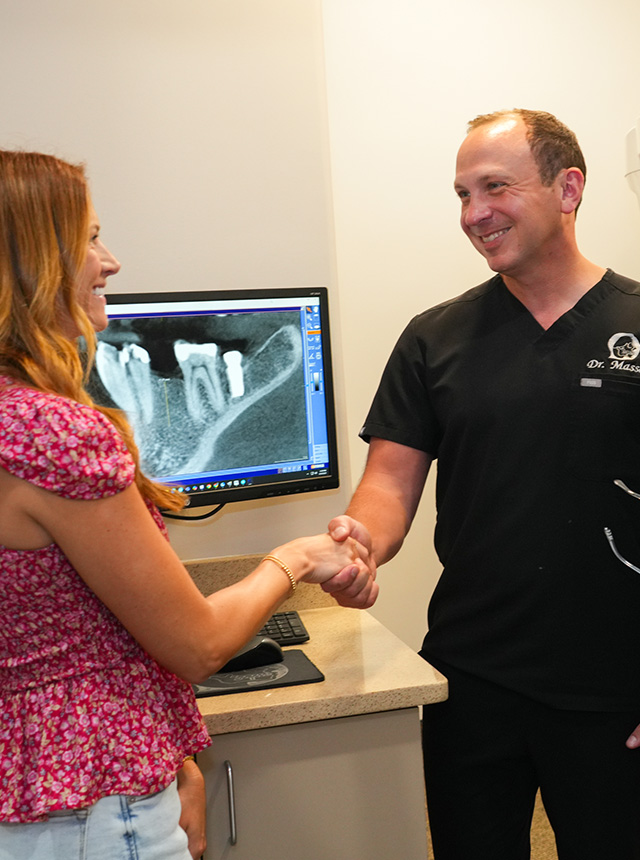
Schedule Your Consultation
Take the first step toward resolving your dental concerns by scheduling a consultation with our expert team.
Our front office team will guide you through insurance coverage, financing options, and appointment scheduling to make your surgical experience as smooth as possible.

